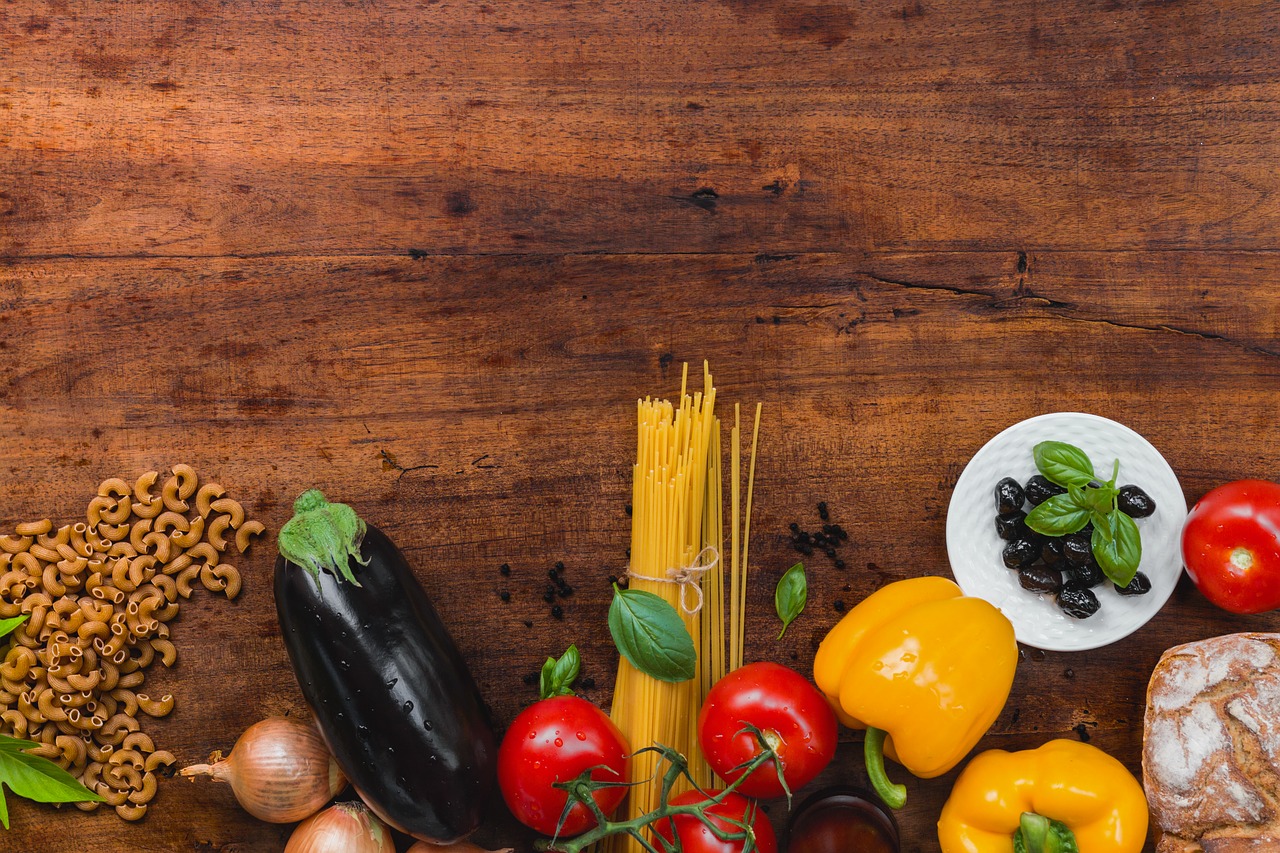Experiencing trauma is hard but how to get over a trauma is not only difficult but also time-consuming in almost every person. But it is not just the mental health that requires attention in a post-traumatic recovery. The medical experts believe that dietary habits and the choice of diet also play a big part in this recovery process.
Just like other diseases, trauma healing can also be improved through healthy habits. Some therapists highlight healthy eating and include it as a part of emotional therapy while coming out of a traumatic experience.
Also read- Tokyo to Reimpose Lockdown After Coronavirus Spike in Japan
The process of mental recovery is highly influenced by what we are feeding to our bodies according to the nutritionists. But trauma healing, in particular, is relatively late in acknowledging the importance of nutrition in mental health.
Although the communal notion of emotional healing doesn’t focus on diet and the physical recovery doesn’t include mental health but different awareness programs have finally convinced the public to accept these both. Some latest researches have helped in changing this typical concept. For example, some studies show that a healthy diet can help to treat depression, anxiety, and other mental health disorders. These studies may not be new for medical experts but they are helping to normalize the concept of emotional healing and physical health in the common public.
A healthy diet is important while battling a trauma because, in all means, the body needs something to heal itself.
Julia Rucklidge is one of the most prominent names in this regard as she has contributed a lot to signify the need for dietary supplements to get over a trauma.
These traumas not only affect the brain but also the body. for example, it may be news to some people that trauma also disturbs metabolism by damaging the nutrients absorption process that all humans need.
In severe conditions, it may lead to chronic diseases such as leaky gut syndrome in which the proteins in food leak in the blood through small intestinal cuts. It enters the gluten as well as protein directly into the blood and initiates chronic inflammatory responses in all parts of the body and brain.
It is also possible for a person to survive trauma but lose his life to these digestive problems initiated after the trauma. Who thought trauma can give you a deadly digestive disorder?
In addition to this, trauma can also affect the gut microbiome having trillions of microbes responsible for a healthy metabolism and immunity. In this case, physical health is at risk focusing not to ignore a good diet during trauma recovery.
Also read- Risks of COVID-19 for Cancer Patients Explained
Surprisingly, trauma can also change a person’s food preferences. In general, people don’t eat anything when they are under stress but when they eat, they prefer eating high sugary, processed, fatty, and high salt foods calling them ‘comfort foods’. But are these really our ‘comfort’ foods? The nutritionists believe otherwise.
These unhealthy food choices worsen stress response and put a person’s health to an even higher risk, without him even realizing it. Although these foods can somehow help to get over trauma by releasing serotonin and other neurotransmitters that induce happiness it doesn’t mean that this is a healthy habit.
Some of the dietary recommendations for all trauma survivors are as follows.
- Eat healthier alternatives to your comfort foods.
- Avoid processed and frozen foods.
- Add dietary supplements in routine.
- Improve gut health.
- Try meditation and other stress-relieving practices.
To conclude, the physical aspects of food should not be ignored while recovering from trauma. Any comfort food which looks like bringing back the happiness is much likely to cause long term physical health damages suggesting to look for healthier alternatives.


